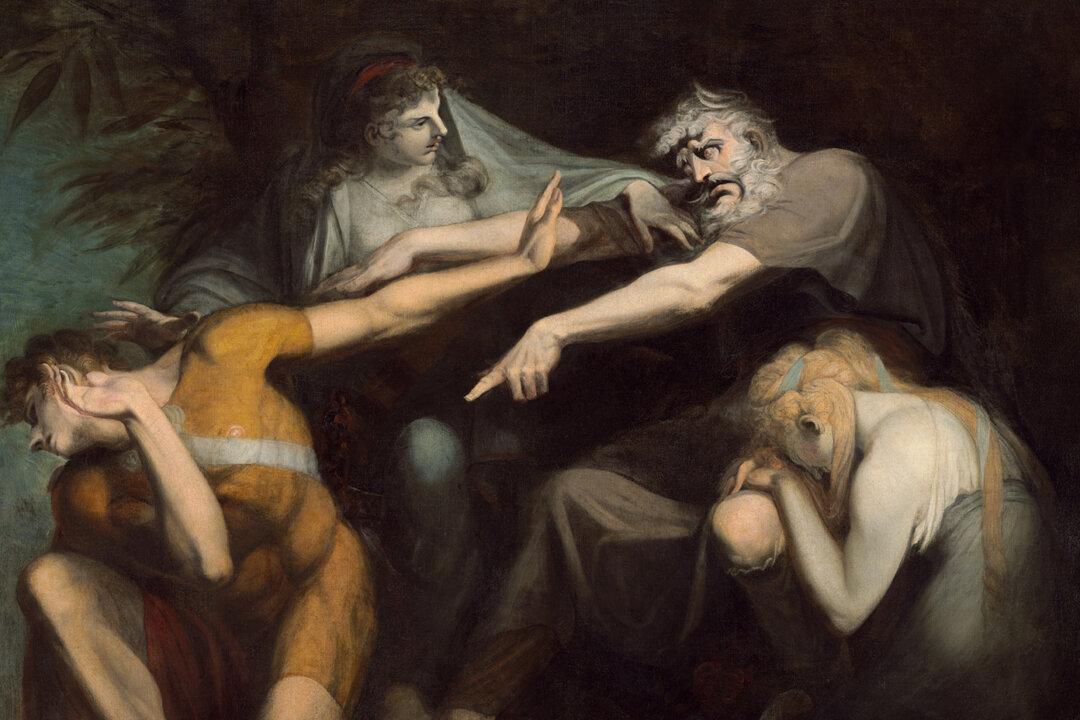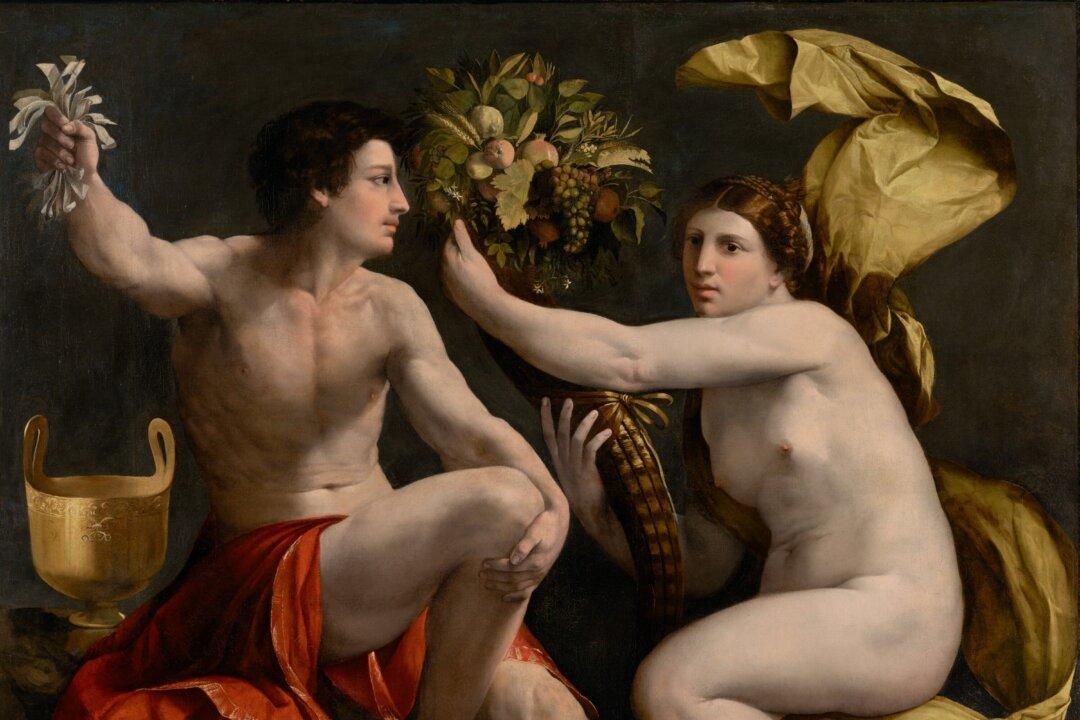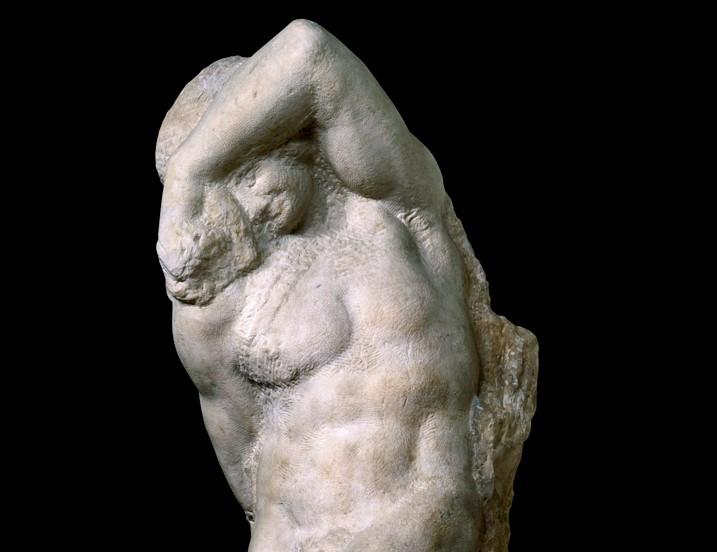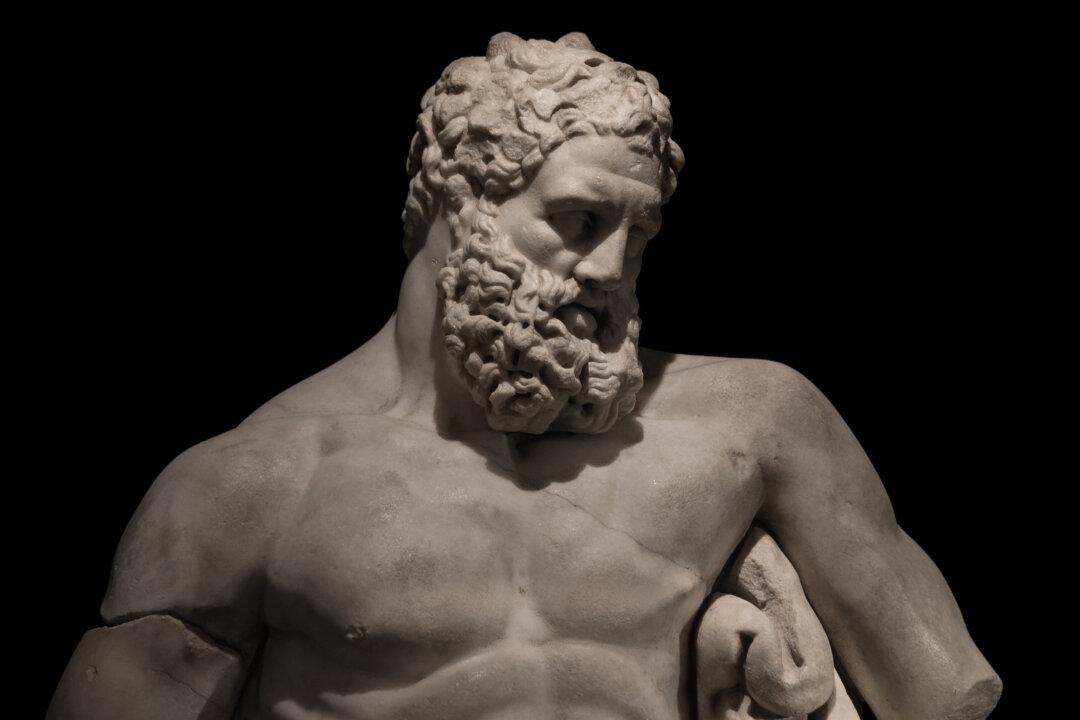Family can be one of the most beautiful things in our lives. It can be filled with love and support and can even extend outside of blood relatives to include close friends.
However, family can also prove destructive. Manipulation, jealousy, and in-fighting within a family can cause resentment and estrangement. Sometimes, it can be so bad that we don’t even want to be associated with our family or with certain family members.





